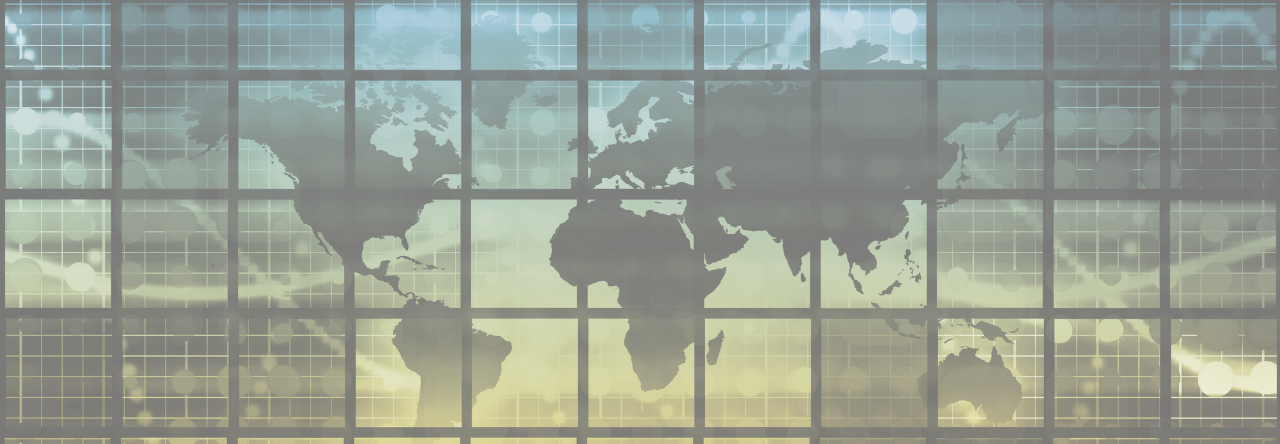Le nouveau numéro de Politique étrangère (n° 3/2022) fait sa rentrée le 5 septembre prochain ! En attendant, votez pour (é)lire l’article que vous souhaitez lire en avant-première.

Parmi ces 3 articles à paraître dans PE 3/2022, lequel aimeriez-vous lire librement sur politique-etrangere.com ?
- « La politique de défense de l'Allemagne : un tournant historique ? » de Hans Stark (70%, 48 Votes)
- « Le Brésil à l'aube de la présidentielle » de Martine Droulers (9%, 6 Votes)
- « Le XXe Congrès du Parti communiste chinois : un renouvellement introuvable » de Jérôme Doyon (22%, 15 Votes)
Total Voters: 69





Vous devez être connecté pour poster un commentaire.